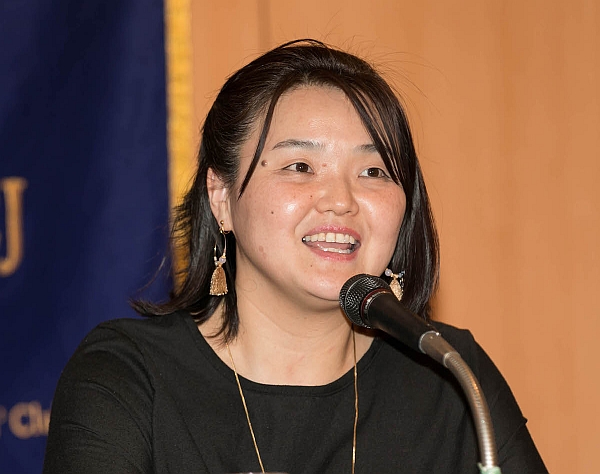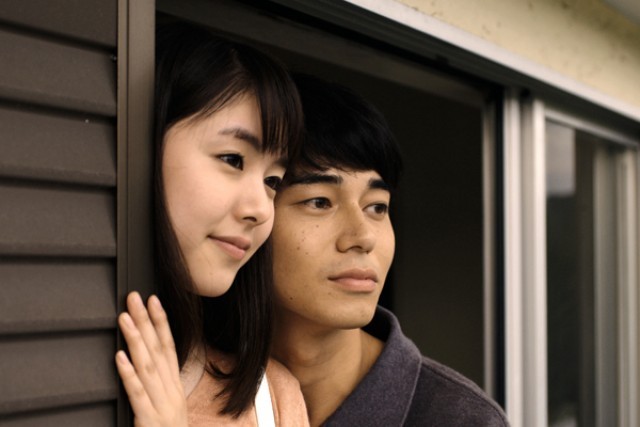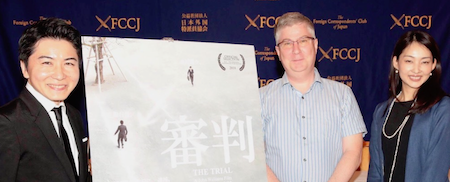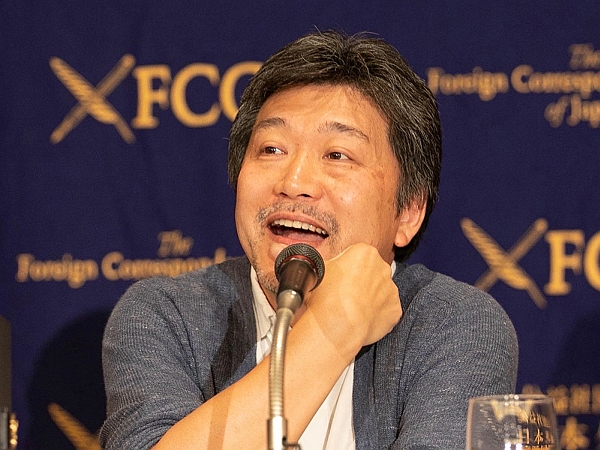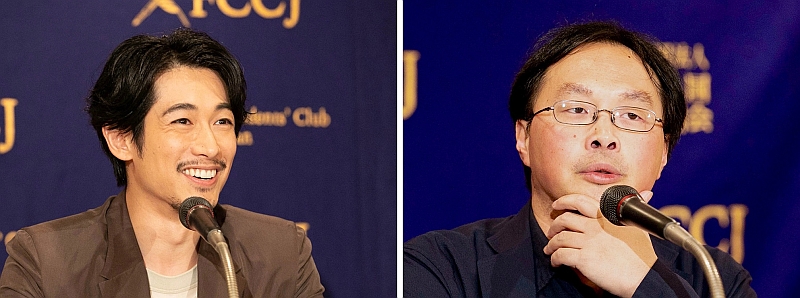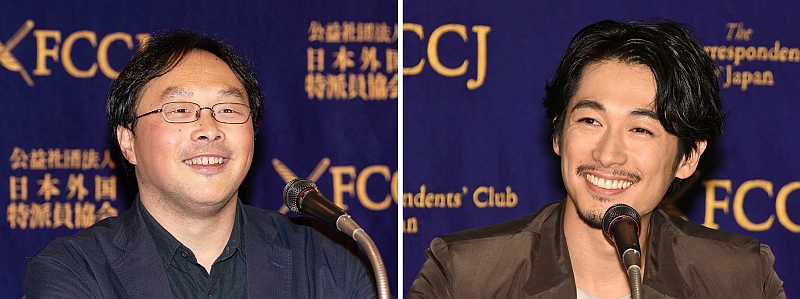KILLING
The Film Committee could not have imagined a better inaugural guest for FCCJ’s spacious new digs in Marunouchi: acclaimed writer-director-producer-cinematographer-editor-actor Shinya Tsukamoto.
Nearly three decades on from his 1989 cyberpunk masterpiece Tetsuo: The Iron Man, which hurtled him into international prominence, Tsukamoto has won dozens of awards but remains fiercely independent, creating high art on shoestring budgets, each film the impeccably crafted work of a singular visionary, from Tokyo Fist (1995), Bullet Ballet (1998) and A Snake of June (2002) to Kotoko (2011) and Fires on the Plain (2014, marking his last visit to FCCJ).
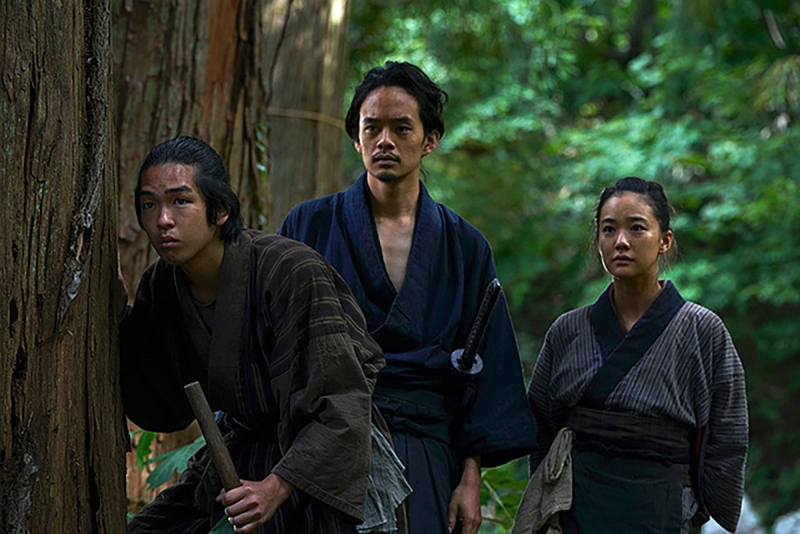
Mokunoshin, Ichisuke and Yu watch a sudden duel. ©SHINYA TSUKAMOTO/KAIJYU THEATER
An outspoken critic of the Abe Administration, the director continues his exploration of the moral implications of war in his new masterwork, Killing. Although it is his first jidaigeki period film, the parallels between his depiction of Japan’s bloody past and modern-day militarism cannot be ignored.


